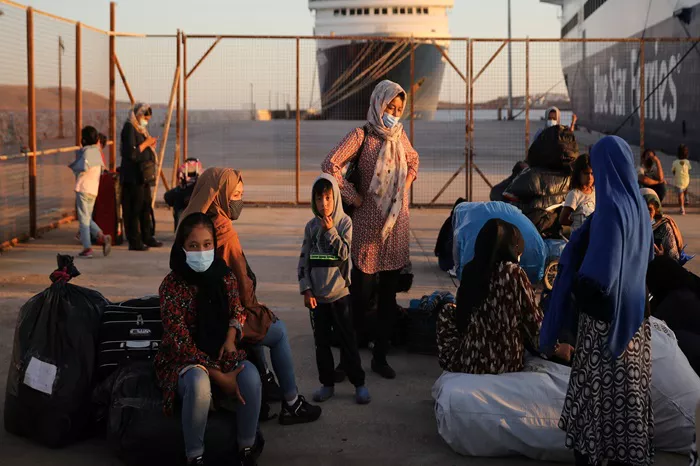Refugees who were preparing to travel to the United States after a lengthy and complicated process have had their flights canceled, according to a memo from the U.S. State Department obtained by CNN.
The memo follows President Donald Trump’s executive order suspending refugee admissions and highlights the immediate impact of the action. The order affects thousands of refugees who had already booked flights to the U.S.
“All previously scheduled travel of refugees to the United States is being cancelled, and no new travel bookings will be made,” the memo states. It also specifies that resettlement centers should not request travel for any additional refugee cases at this time.
A source familiar with the data reports that around 10,000 refugees had travel plans, now disrupted. While the memo doesn’t provide a breakdown by country, refugees typically come from countries such as Afghanistan, the Democratic Republic of Congo, Venezuela, Syria, and Burma.
The cancellations are particularly concerning for refugees whose medical exams or security clearances are close to expiring. The memo also announces the suspension of case processing, effectively halting the refugee resettlement program.
“All refugee case processing and pre-departure activities are also suspended,” the memo continues. “Resettlement centers should not move refugees to transit centers and should stop all pre-departure activities. No new referrals should be made into the US Refugee Admissions Program (USRAP).”
Special Immigrant Visa holders, who worked for the U.S. abroad, are exempt from this suspension and can still travel to the U.S. Refugees already in the U.S. will continue to receive services.
The State Department’s Bureau of Population, Refugees, and Migration was contacted for comment.
For years, the U.S. government has worked to relocate Afghan allies and partners through the Office of the Coordinator for Afghan Relocation Efforts (CARE). Many Afghan refugees are currently in third-party countries, including Pakistan and Qatar, awaiting final processing to enter the U.S. However, a government official told CNN that those who are not Special Immigrant Visa holders are now “stuck” in these countries, with no clear path forward.
“It is not clear what is going to happen to those individuals,” the official said. “They could be stuck there, we don’t know for how long.”
There are over 1,000 Afghan refugees in Doha and as many as 10,000 in Pakistan. Refugees are also spread across many other countries, where their cases are now paused.
This situation is especially concerning for refugees, including those who assisted the U.S. during the war, but have not yet received SIV status. The #AfghanEvac coalition, which advocates for the safety of Afghan refugees, warned that the flight cancellations and suspension of cases put these individuals at risk.
The coalition criticized the move, stating that it “endangers thousands who risked their lives for U.S. missions,” including Afghan partners, their families, and even women pilots who worked alongside U.S. troops.
President Trump’s executive order, signed on Monday, cited concerns about the U.S.’s ability to absorb the influx of migrants and refugees. The order stated that refugee admissions would be suspended “until such time as the further entry into the United States of refugees aligns with the interests of the United States.”
While the order is set to take effect on January 27, the memo suggests the suspension is already in place.
This action is separate from the situation at the U.S. southern border, which involves a different immigration process. However, it aligns with the administration’s broader immigration agenda, which focuses on national security and public safety.
Under the Biden administration, the annual cap for refugee admissions was set at 125,000.

